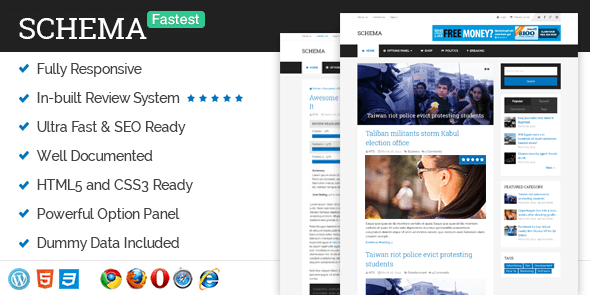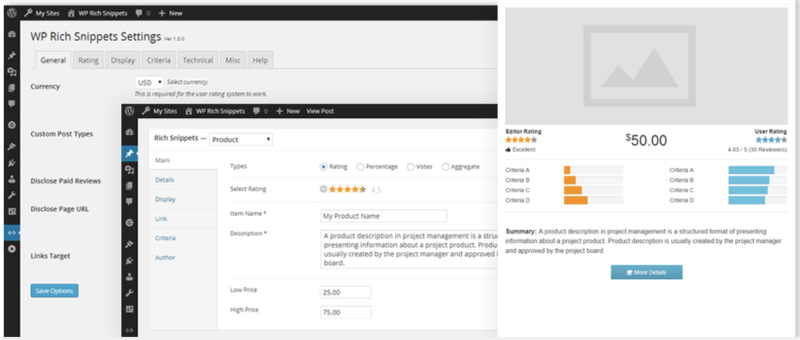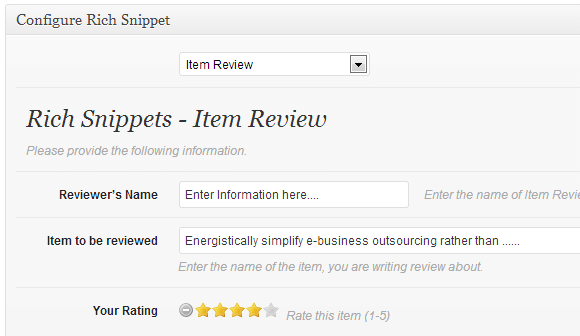Google SERP features Far Before 9 Tools 2017
What is Serpstat?
Serpstat is a SaaS all-in-one platform for competitor analysis, keyword research, position tracking, site audit and backlink research.
The service is designed for:
- collecting profitable organic and paid keywords of your competitors to use them in your SEO and advertising;
- daily tracking of your rankings, as well as changes in your competitors' positions;
- in-depth domain or URL analysis against a range of ranking factor. The returned data will give you insight into issues that may negatively impact your search visibility visibility;
- backlink research. The data on the domain's link profile will help you identify toxic backlinks or find linking opportunities when researching a competitor.
Who can use Serpstat?
Online shop managers
Our service will help them analyze keyword organic and paid search results, will show what keywords competing shops use to attract visitors to their websites and beat on in advertising. Ads texts, queries they are being triggered by, cost per click are all here on Serpstat.
Digital agencies while performing the whole range of tasks
Using Serpstat, SEO specialists reduce the amount of their work. For example, they can develop semantic core just in few minutes using competitor’s semantics, select phrases for internal linking, estimate domain’s visibility along with backlinks’ weight.
Serpstat will help avoid guess work while developing successful advertising campaign: discover here the best keywords as well as negative keywords, level of keyword competition, and average CPC.
Copywriters and journalists for creating content that drives traffic.
It is easy to find topics for fascinating articles when you have at your disposal: volume of search queries and a huge number of search suggestions (phrases that pop up while you’re entering a particular word into the search engine). Serpstat will also identify questions related to a keyword that users are seeking answers to.
It’s no secret that Google is in a constant state of change. The “ten blue links” that used to comprise a search engine results page (SERP) are diminishing in importance, and new features are becoming more essential with every passing month. From image results and local packs to site links and knowledge panels, Google is reshaping search marketing.
Clearly, focusing only on your website is no longer effective. Ranking higher than your competitor in Google’s organic rankings is less meaningful if that competitor is displayed in, say, an answer box. The current name of the SEO game is acquiring as much page real estate on the SERPs as possible.
For example, a best-case scenario for search would be to do well in AdWords results, land a featured snippet, get a spot in a local pack and rank high in the organic listings. It also helps to have a presence in the Knowledge Graph and be seen in video snippets, images and news feeds that show up on Google.
To really create a competitive edge in this changing SEO landscape, don’t hesitate to get a little help from some friends — and by friends, I mean tools that help you leverage SERP features.
Here are a few such tools that can sharpen your SEO sword:
1. Yotpo’s Search Enhancements
Do you work in e-commerce? If so, you’ll definitely want to look into Yotpo, which focuses on integrating reviews into your website for greater SERP visibility. Its helpful, SERP-enhacing features include:
- inline SEO: Includes reviews as part of a website’s content. The goal is to give an online store fresher content and a wider variety of potential keywords to rank for.
- Google Product Listing Ads with product ratings: Yotpo can help your Google Shopping and search results display product ratings, which can make your listing stand out from the competition.
- rich snippets: Yotpo helps an online business become more visible on SERPs through review and rating rich snippets.
2. Google’s Structured Data Testing Tool
Structured data is one element that really revs up today’s SEO. Because it labels a website’s data to make the website look better to Google, structured data boosts visibility and helps skyrocket traffic. Although Google doesn’t consider it mandatory for high ranking, using structured data is certainly recommended.
Are you using structured data effectively? Are there any errors that need to be fixed in your schema markup? The good news is that you don’t even have to ask these questions. Google’s Structured Data Testing Tool will tell you if anything is out of place, making it easy for you to fix any issues.
Want to learn more? Here’s a useful guide.
3. Data Highlighter
This ultra-handy webmaster tool “teaches” Google about how you structure your website’s data. It lets you quickly and easily tag your site’s data fields so Google can better display your website in as many SERP features as possible.
4. Schema-friendly WordPress themes
To really make your SEO activities much easier, do yourself a favor and take advantage of the many free WordPress themes with schema markup built right in. There are schema-friendly themes for many kinds of industries, formats and blog platforms. When creating a blog, compare blog sites to know the best fit for you.

5. Schema markup WordPress plugins
Also, as you may have suspected, several schema markup plugins are available. A few of them include:
- Schema App Structured Data: This tool allows you to edit your WordPress site’s schema markup directly, even if you have zero coding knowledge.

- WP Rich Snippets: This is an excellent plugin to explore if you run a review site. It helps you mark up your content so your site will be as accessible as possible to Google.

- All In One Schema.org Rich Snippets: As its rather long name implies, this handy tool helps you quickly and easily add rich snippet data to your website.

6. Moz Pro’s Advanced SERP Feature Tracking
Moz offers an excellent tool to help you stay aware of the vast SERP feature environment. They market their Advanced SERP Feature Tracking tool as containing the most comprehensive data set on the market.
This tool provides analysis of featured snippets, image packs, in-depth articles, local packs, knowledge cards and knowledge panels, site links and more.

7. Rank Ranger’s Google SERP Features Tool
Rank Ranger’s SERP Features Tool tracks the presences of various SERP features over time. How often is a particular feature appearing? Is its presence within the SERPs generally increasing or decreasing?
According to Range Ranker:
This free research tool can be used to benchmark and explore the presence and trending of Knowledge Graphs, Ads, Images, Local Pack, News Pack, Related Search and Organic Results counts, plus special page indicators (e.g., breadcrumbs, events, HTTPs, ratings, notable online, image and video thumbnails, search box, sitelinks, Twitter pack, etc.)
Rank Ranger also provides a helpful guide to all the existing Google SERP features, including visual examples of each, here.
8. STAT
This is an excellent tool for discovering if any of your keywords trigger SERP features such as answer boxes. STAT tracks 20,000 websites and 218,000 consumer products daily.
9. SEMrush
SEMrush is useful when you need competitive data. Use it to find out if the keywords your competitors rank for trigger any SERP features like featured snippets, local packs, Knowledge Graph panels, Google News and so on.
Don’t go it alone!
Effective marketing has always been a complex endeavor, and Google’s constant innovations don’t make things any easier. But with change and innovation comes progress.
Staying current with SEO best practices will only give you a competitive advantage, and that’s where these tools come into play.
To be the best SEO practitioner, always be on the lookout for valuable tools that can make you more proficient. Experiment every day, use the apps that work for you, and know when to abandon the ones that aren’t improving your processes. Just like a good mentor, new tools can help you reach higher levels of success.















Post a Comment